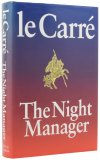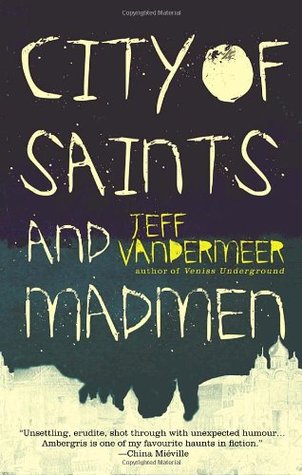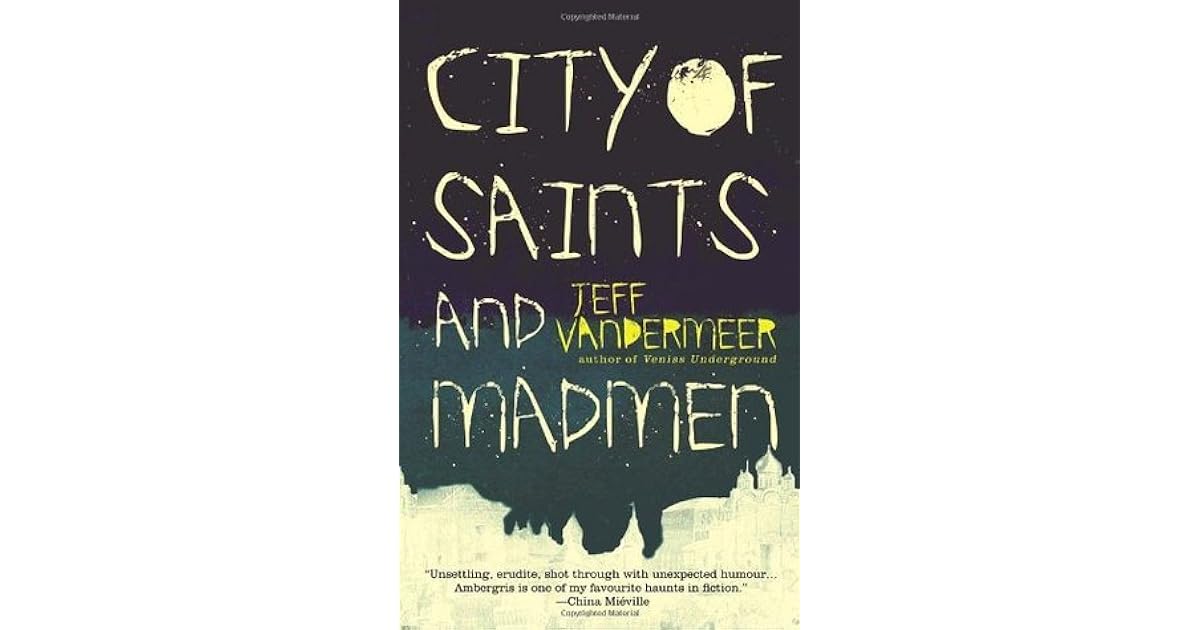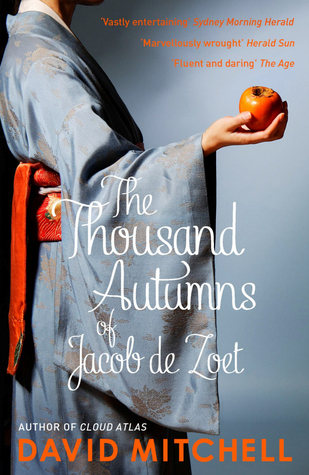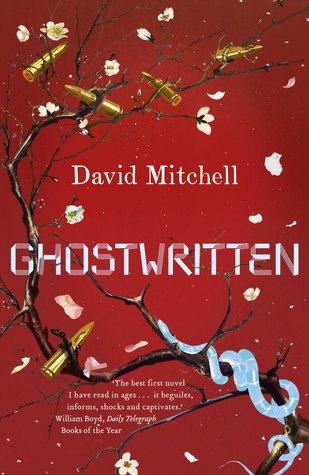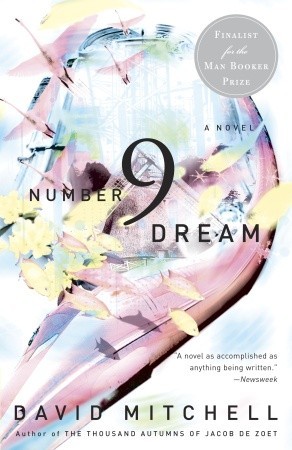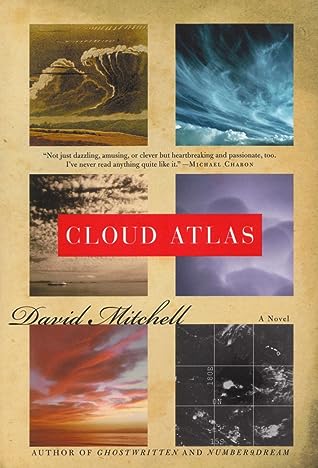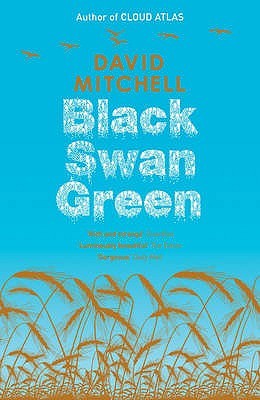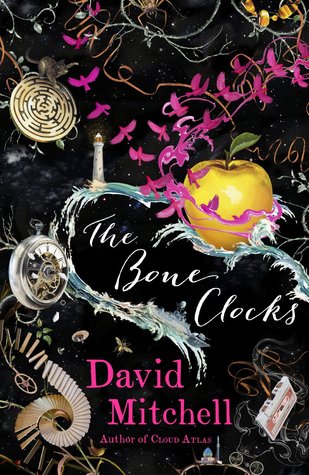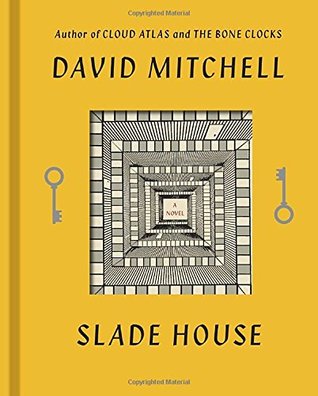Yesterday I say to my boys in the prison : "every book is a self-help book." And it is true. And specially fiction. Some books are manipulators, that's true but that in each section: fiction, non fiction, history, psychology, etc.
So do you know John Lecarré novels? They are amazing. It is for me comparable to the movies of Andréï Tarkovski. Don't be put away to read this extraordinary author because he is catalogued as a "a writer of spy" novels. His style is very difficult, like the movies of Tarkovski. And like Tarkovski one of his most important subject in his novels is love, but love with a big L. Love, universal love, service to others. We can see this particularly in his novel "The Constant Gardener". And also in "The Night Manager." Two magnificent books.
And like Tarkovski one of his most important subject in his novels is love, but love with a big L. Love, universal love, service to others. We can see this particularly in his novel "The Constant Gardener". And also in "The Night Manager." Two magnificent books.
Lecarré said that two novels were very difficult to write and it was for him "The Constant Gardener" and "A perfect spy". He said he gave his soul, that's why they were so difficult to write.
So do you know John Lecarré novels? They are amazing. It is for me comparable to the movies of Andréï Tarkovski. Don't be put away to read this extraordinary author because he is catalogued as a "a writer of spy" novels. His style is very difficult, like the movies of Tarkovski.
 And like Tarkovski one of his most important subject in his novels is love, but love with a big L. Love, universal love, service to others. We can see this particularly in his novel "The Constant Gardener". And also in "The Night Manager." Two magnificent books.
And like Tarkovski one of his most important subject in his novels is love, but love with a big L. Love, universal love, service to others. We can see this particularly in his novel "The Constant Gardener". And also in "The Night Manager." Two magnificent books.Lecarré said that two novels were very difficult to write and it was for him "The Constant Gardener" and "A perfect spy". He said he gave his soul, that's why they were so difficult to write.

